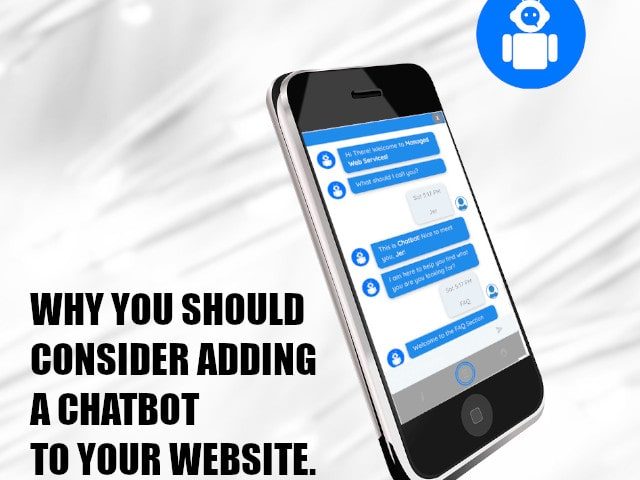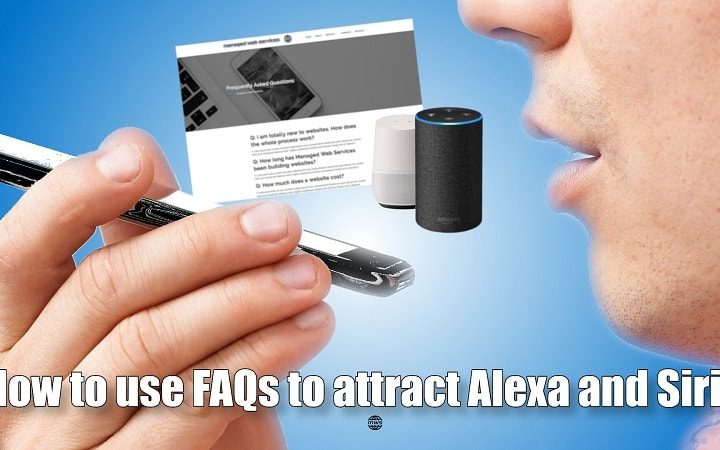Managed Web Services shows you how to use Internal Links to improve your page ranking.
What is Link Juice
Search Engines crawl the links to each web page to establish that page’s rank. There are two main factors to consider regarding the links to a page, the number and the quality, obviously the more links to your page the better, provided that they are quality links. The higher the authority of the page linking to your page the higher the quality of that link and so the higher your page will rank. The amount of positive ranking factors that a link passes from one page to another is commonly referred to as Link Juice. A link from a high authority site to your site is like a vote of confidence from that site. The opposite is also true, poor quality links will decrease your page ranking, that’s what the Google algorithm known as Penguin was designed to do.
Internal link Juice
What is not generally known is that you can generate your own link juice by internally linking pages in your website to your best page. Internal links are like giving yourself a vote of confidence and letting the search engine know about that vote. The search engine is crawling your internal linking structure to evaluate the internal importance of each page on your website. It’s looking at how many pages on your website link to a particular page, and how they link to it. If every page of your website links to something, it must be important. Make sure that you have internal links to your products or services page for example. If you do not have internal links to your important pages then you will send a strong signal to search engines that your product page is not very important. All the pages included in the main navigation on your website, are treated by Google and Bing as your top pages, however, the number of internal links will increase the importance of a particular top page.
Anchor Text and Link Juice
The anchor is the visible, clickable text in a hyperlink. On a web page they are often underlined or a different colour to show users that they are clickable links. The words contained in the anchor text can determine the ranking that the page will receive by search engines. Search engines use the descriptive text in the anchor of a link to help determine the relevancy of the page that it’s linking to. If the anchor text is spurious the page being linked to will incur a penalty under the Penguin algorithm. There is also some evidence that when there are two links on a page that both point to the same destination, Google will only count the anchor text of the “first” link when assigning relevancy. Relevant anchor text will increase your link juice.
Managed Web Services recommendations to improve your Internal Links
- Ensure that your pages are never more than thee clicks from your homepage.
- Link your homepage to your most important pages.
- Offer links to other pages/items you think your users might find relevant.
- Make sure your anchor text is relevant.
- Don’t concentrate all your internal links back to your homepage.
- Google treats links near the top of the page as more important.
In general ,Google will not penalize you for having lots of internal links, so as long as you don’t go overboard.




